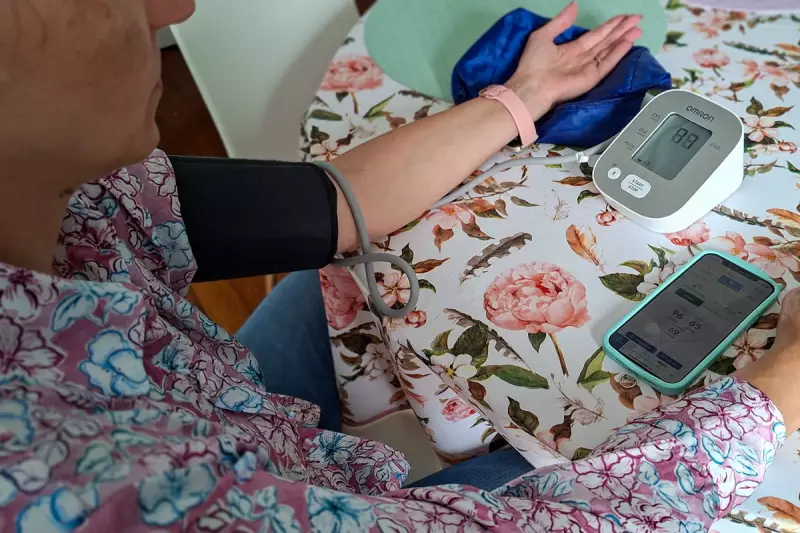
Millions of Britons could be missing crucial warning signs that predict devastating strokes and heart attacks years before they strike, according to alarming new research.
The Silent Danger Most People Ignore
Medical experts have identified a pattern of subtle symptoms that often go unrecognised, yet signal impending cardiovascular catastrophe. These warning signs can appear weeks, months, or even years before a major health crisis occurs.
What Exactly Are These Warning Signs?
The research highlights several key indicators that should never be ignored:
- Transient ischaemic attacks (TIAs) - often called 'mini-strokes'
- Sudden numbness or weakness in the face, arm, or leg
- Unexplained confusion or trouble speaking
- Vision problems in one or both eyes
- Severe headache with no known cause
Why Mini-Strokes Demand Maximum Attention
"TIAs are nature's warning system," explains a leading neurologist. "They're like a fire alarm going off before the actual fire. Unfortunately, many people dismiss them as just 'feeling a bit off' and miss the opportunity to prevent permanent damage."
The terrifying reality is that approximately one in three people who experience a TIA will later suffer a full-blown stroke if left untreated.
When to Seek Immediate Medical Help
Healthcare professionals emphasise the importance of the FAST acronym for recognising stroke symptoms:
- Face - has it drooped on one side?
- Arms - can they raise both?
- Speech - is it slurred or strange?
- Time - to call 999 immediately
Prevention Is Better Than Cure
While these warning signs are crucial to recognise, experts stress that prevention remains the most effective strategy. Maintaining healthy blood pressure, controlling cholesterol levels, not smoking, and regular exercise can significantly reduce stroke risk.
"The message is clear," says a cardiovascular specialist. "Don't wait for the warning signs to appear. Take proactive steps now to protect your heart and brain health for years to come."





